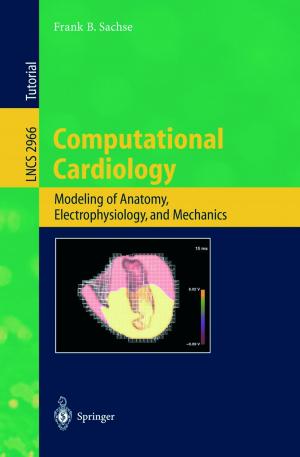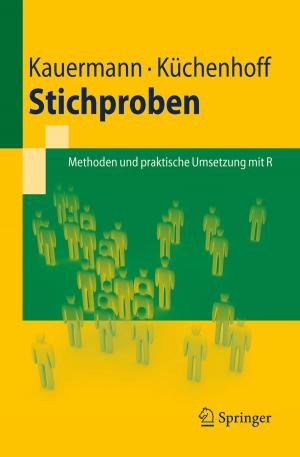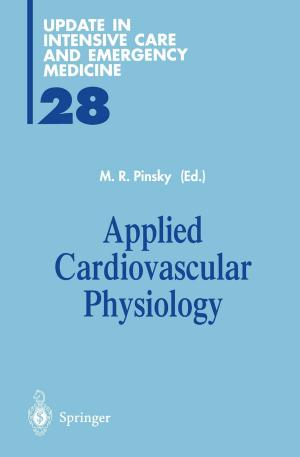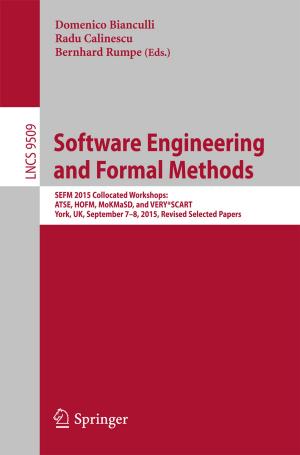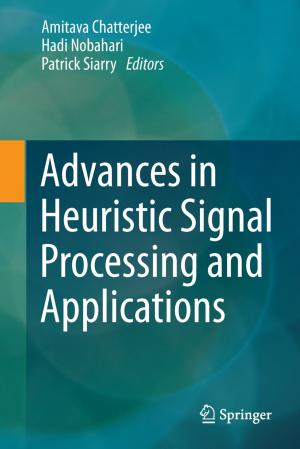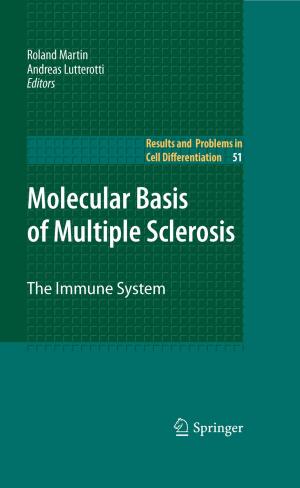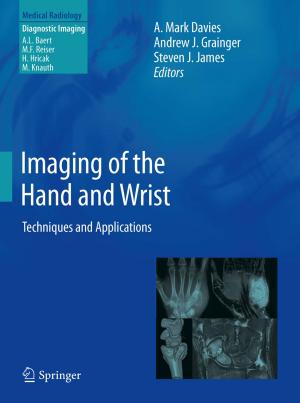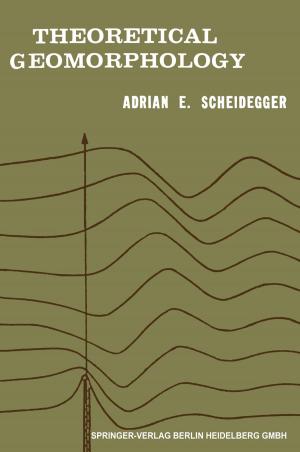NMR-Tomography and -Spectroscopy in Medicine
An Introduction
Nonfiction, Science & Nature, Science, Physics, Spectrum Analysis, Health & Well Being, Medical, Medical Science, Biochemistry| Author: | Klaus Roth | ISBN: | 9783642697418 |
| Publisher: | Springer Berlin Heidelberg | Publication: | December 6, 2012 |
| Imprint: | Springer | Language: | English |
| Author: | Klaus Roth |
| ISBN: | 9783642697418 |
| Publisher: | Springer Berlin Heidelberg |
| Publication: | December 6, 2012 |
| Imprint: | Springer |
| Language: | English |
Even the earliest applications of nuclear magnetic resonance (NMR) spectroscopy and tomography to medical inquiries, using experimental apparatus that was primitive by today's standards, demonstrated the extraordinary potential of the NMR method. The subsequent rapid advances in this area were due largely to the ef forts of commercial manufacturers, who, by improving magnet and computer designs, were able to produce and market instruments having a remarkable image quality. Experimental data from the ftrst systematic studies on the medical uses of NMR leave little doubt that NMR will gain a permanent place in clinical diagnosis. The clinician, then, is confronted with an entirely new diagnostic modality. Because NMR has been used extensively in chemistry and physics for years, a great many textbooks are already available on the subject. However, the majority of these have been written for the natural scientist who is well versed in mathematics and physics. Assumptions are made and terms are used that would not be appro priate for a medical or biochemical text. The goal of this introduc tion, therefore, is to discuss the principles of the NMR technique in terms that are meaningful to the medical student and medical pro fessional.
Even the earliest applications of nuclear magnetic resonance (NMR) spectroscopy and tomography to medical inquiries, using experimental apparatus that was primitive by today's standards, demonstrated the extraordinary potential of the NMR method. The subsequent rapid advances in this area were due largely to the ef forts of commercial manufacturers, who, by improving magnet and computer designs, were able to produce and market instruments having a remarkable image quality. Experimental data from the ftrst systematic studies on the medical uses of NMR leave little doubt that NMR will gain a permanent place in clinical diagnosis. The clinician, then, is confronted with an entirely new diagnostic modality. Because NMR has been used extensively in chemistry and physics for years, a great many textbooks are already available on the subject. However, the majority of these have been written for the natural scientist who is well versed in mathematics and physics. Assumptions are made and terms are used that would not be appro priate for a medical or biochemical text. The goal of this introduc tion, therefore, is to discuss the principles of the NMR technique in terms that are meaningful to the medical student and medical pro fessional.



